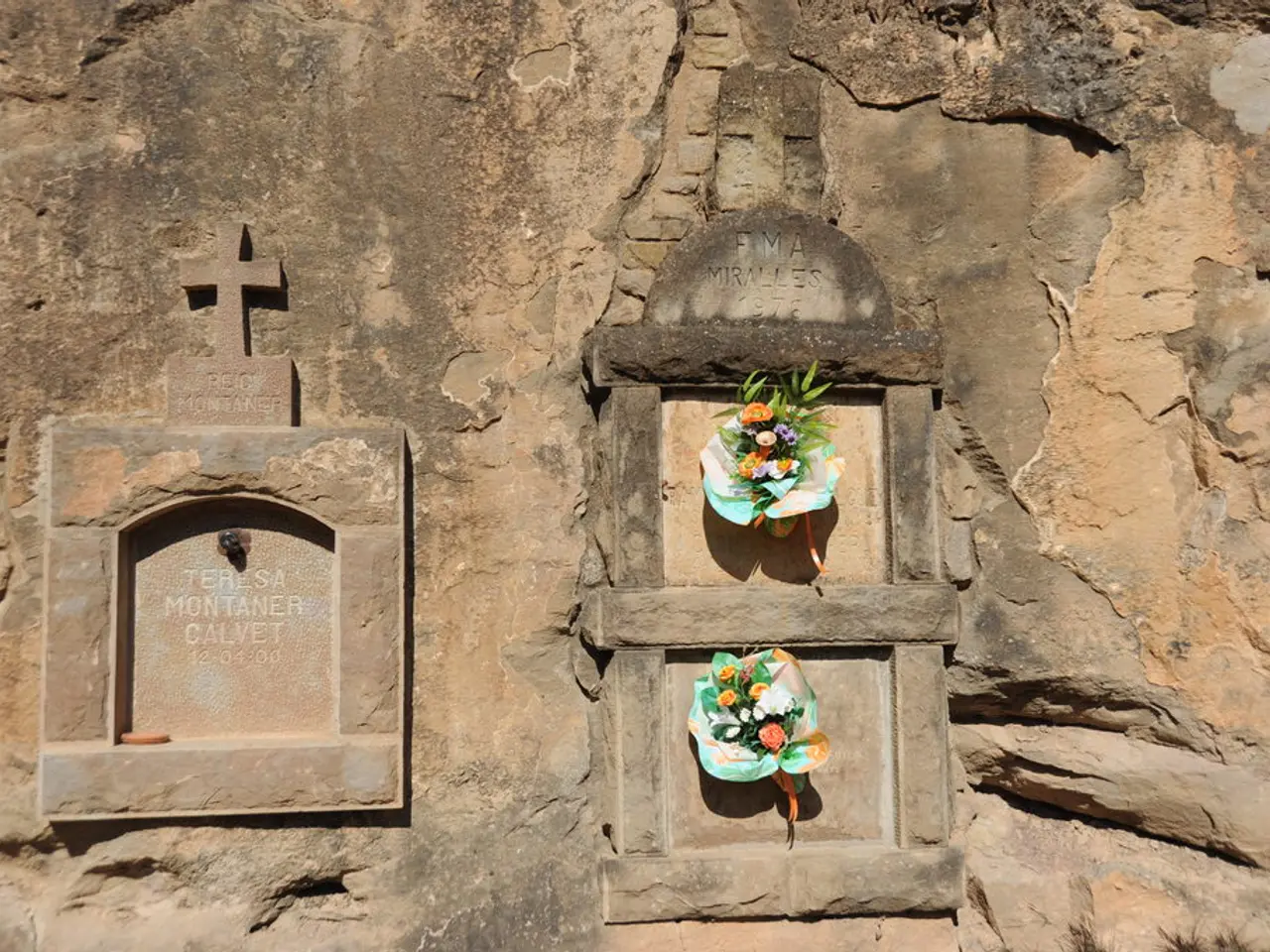Funeral ceremonies were conducted this week for the inaugural post-communist president of Romania, Ion Iliescu.
Former Romanian President Ion Iliescu's State Funeral Scheduled
Ion Iliescu, the former president of Romania, passed away on Tuesday, August 5. The first state funeral for a former head of state in post-communist Romania is set to take place on August 7, following a series of ceremonies and events.
On Wednesday, August 6, the casket of Mr. Iliescu was transported from Agrippa Ionescu Hospital to the Cotroceni Palace. The public was allowed to pay their respects between 13:00 and 18:00, with strict security and ceremonial rules in place. The casket was placed on public display in the Unirii Hall at Cotroceni.
A special religious ceremony took place in the evening of August 6, followed by a final funeral ceremony scheduled for August 7 in the presence of dignitaries, military guards, and family members. The casket will be transported to Ghencea Military Cemetery III, accompanied by a military escort.
High-ranking officials are expected to present their condolences during the morning of August 6 at Cotroceni Palace. A national day of mourning has been declared on August 7 in memory of Ion Iliescu.
Throughout his political career, Ion Iliescu played a significant role in Romania's transition from communism to democracy following the 1989 Revolution. However, he was also charged with crimes against humanity for his alleged role in the 1989 Revolution and the June 1990 Mineriad. Specifically, he was accused of failing to prevent the killing of 862 civilians during the chaotic street confrontations of the 1989 Revolution, and of orchestrating miners’ violent dispersal of anti-government demonstrators in June 1990. Despite these charges, he was never convicted before his death in 2025, and the legal cases remained open.
Public institutions and authorities will fly the Romanian flag at half-mast on August 7. In April 2025, Ion Iliescu, along with former officials, was indicted for crimes against humanity related to the June 1990 Mineriad. The accusations center on his leadership role in deploying or enabling violence to maintain communist-linked government power after the fall of Ceaușescu's regime.
In a separate case, Ion Iliescu was accused of deceiving the public through disinformation campaigns coordinated with military leadership between December 22 and 30, 1989, in relation to the "1989 Revolution" case. The High Court sent the case back to military prosecutors in September 2024, citing procedural delays.
This state funeral marks a significant moment in Romanian history, reflecting the complex legacy of Ion Iliescu's political career.
Politicians and dignitaries are likely to discuss the complex legacy of war-and-conflicts and policy-and-legislation associated with Ion Iliescu during the state funeral on August 7. General news outlets will undoubtedly cover the event extensively, shedding light on the politics surrounding his controversial career in Romania.







